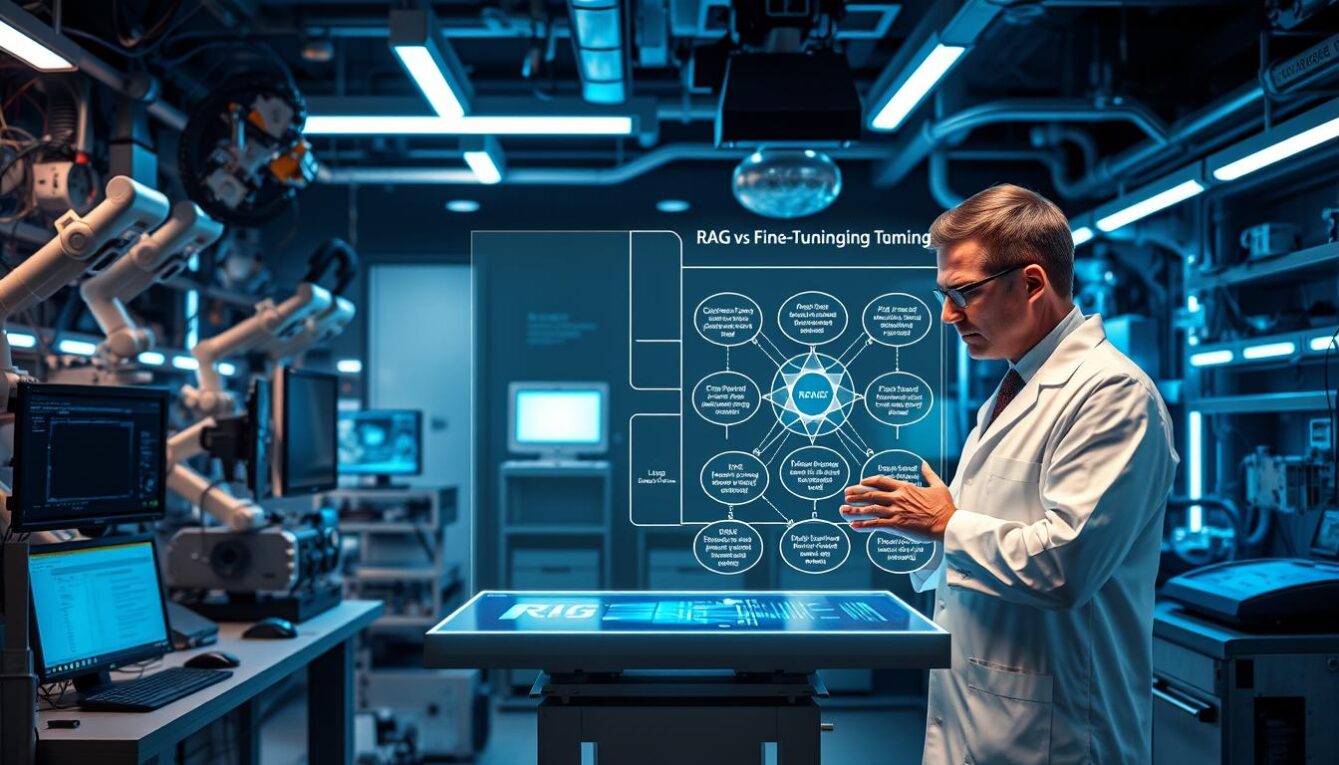Introduction to Data Science and Machine Learning in DevOps
Data science and machine learning are revolutionizing the software development industry, and DevOps is no exception. The integration of these technologies in DevOps helps organizations optimize their software development processes, reduce costs, and improve the efficiency of their operations. This article explores the importance of data science and machine learning in DevOps, their role in the process, and how to implement them for continuous improvement best.
=== Understanding the Importance of Data Science and Machine Learning in DevOps
Data science and machine learning enable organizations to extract insights from large amounts of data, which can be used to optimize their software development processes. By analyzing data from various sources, including logs, metrics, and user feedback, they can identify patterns, predict outcomes, and automate tasks, leading to improved efficiency and reduced costs. Additionally, machine learning enables DevOps to continuously learn and adapt to changing environments, ensuring that software is delivered quickly and reliably.
=== The Role of Data Scientists and Machine Learning Engineers in DevOps
The role of data scientists and machine learning engineers in DevOps is to analyze data and develop models that can be used to automate tasks, optimize processes, and improve software quality. They work closely with DevOps teams to design, implement, and maintain machine learning models that can be integrated into the software development process. Additionally, they play a critical role in ensuring that the models are accurate, reliable, and scalable.
=== Implementing Machine Learning in DevOps for Continuous Improvement
To implement machine learning in DevOps, organizations need to first identify the areas that can benefit from automation and optimization. This may include tasks such as monitoring, testing, and deployment. Once the areas have been identified, data scientists can use machine learning algorithms to develop models that automate these tasks and improve the efficiency of the DevOps process. Continuous monitoring and feedback can then be used to refine the models over time, ensuring that the software development process remains optimized.
=== The Benefits of Incorporating Data Science in DevOps Processes
Incorporating data science in DevOps processes has several benefits, including improved efficiency, reduced costs, and increased reliability. By automating tasks, organizations can reduce the time and resources needed to complete them, leading to faster delivery of software. Additionally, by analyzing data from various sources, organizations can identify potential problems before they occur, reducing the risk of downtime or other issues.
=== Best Practices for Implementing Data Science and Machine Learning in DevOps
To implement data science and machine learning in DevOps, organizations should follow best practices such as identifying the areas that can benefit from automation, ensuring that the models are accurate and reliable, and continuously monitoring and refining the models over time. Additionally, organizations should ensure that they have the right talent and resources to implement these technologies in DevOps successfully.
=== Challenges and Solutions for Integrating Data Science and Machine Learning in DevOps
Integrating data science and machine learning in DevOps can present several challenges, including data quality, scalability, and managing the complexity of the models. To overcome these challenges, organizations should invest in proper data management processes, develop scalable models, and ensure that the models are properly documented and maintained.
=== Real-World Examples of Successful Implementation of Data Science and Machine Learning in DevOps
Several organizations have successfully implemented data science and machine learning in DevOps. For example, Netflix uses machine learning to optimize their content delivery process and reduce downtime, while Facebook uses machine learning to optimize its data center operations and reduce energy consumption.
=== Tools and Technologies for Data Science and Machine Learning in DevOps
There are several tools and technologies available for implementing data science and machine learning in DevOps, including open-source libraries such as TensorFlow and PyTorch, cloud-based machine learning services such as Amazon SageMaker and Microsoft Azure Machine Learning, and DevOps tools such as Jenkins and GitLab.
=== Measuring the Impact of Data Science and Machine Learning in DevOps
To measure the impact of data science and machine learning in DevOps, organizations should track key performance metrics such as software delivery time, the number of defects, and the frequency of downtime. Additionally, organizations should regularly review and refine their machine learning models to ensure that they remain accurate and effective.
=== Future of Data Science and Machine Learning in DevOps
The future of data science and machine learning in DevOps is promising, as organizations continue to invest in these technologies to optimize their software development processes. As machine learning algorithms become more sophisticated and reliable, they will likely become even more integral to the DevOps process, leading to further efficiency, reliability, and cost reduction improvements.
Conclusion: Embracing Data Science and Machine Learning in DevOps for Better Results
In conclusion, data science and machine learning are set to transform the DevOps industry, enabling organizations to optimize their software development processes and reduce costs. By following best practices and leveraging the right tools and technologies, organizations can successfully implement machine learning in DevOps for continuous improvement. As organizations continue to embrace these technologies, they will likely see even greater benefits in the future.










